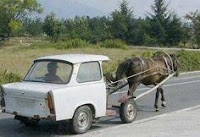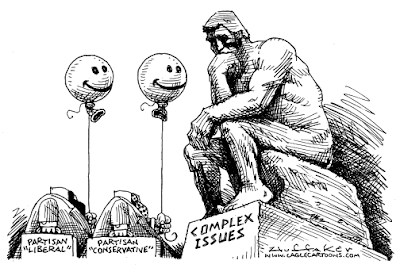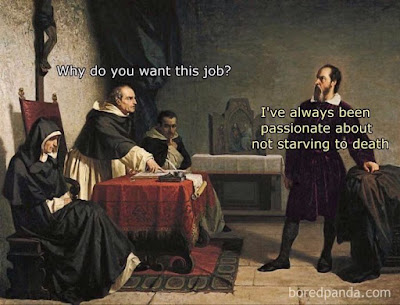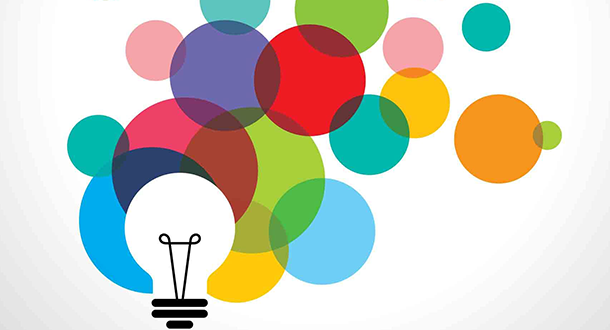Stamboul: Imagine a pivot
Today, I wish, would be the first day of the rest of my life. I am in that honest mood: That I feel stuck, of going nowhere, yet again. I knew this was coming. Against my better judgement, I was getting sucked into company life. I was telling myself a lie - I enjoy it! After eschewing this path for many years, I suddenly felt that illusion to be in control, of getting things done. What was it - the pandemic-induced pathos? - that led me down this path? But, sure enough, I now have that unmistakable feeling of getting nowhere. I did what I usually do at moments like this: I got away. I came to Istanbul. I possibly needs the strange combination of hustle and the 5000-years of history around me to recharge my senses and temper my self-importance. I am reading this beautiful little book called 'The four thousand weeks' which is about embracing the limitedness of life and focusing on what counts. And as I do this, I know I am on the wrong path. My trouble - and I shall call it troub...












